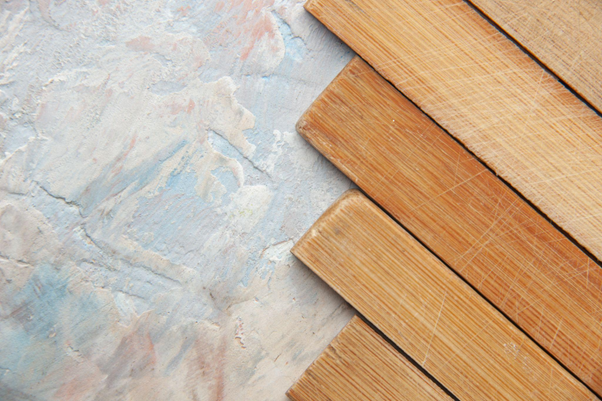
Managing and maintaining water and gas pipes lines in commercial properties is a crucial aspect of property ownership and management. Ensuring the safety, efficiency, and longevity of these systems requires a comprehensive understanding of the installation, maintenance, and repair processes. This article will provide an in-depth discussion of the various aspects of water and gas pipes lines in commercial properties, including the importance of water leak detection and commercial property maintenance.
The Importance of Proper Installation
The installation process for water and gas pipes lines is a critical factor in ensuring their long-term functionality and safety. Proper installation involves adhering to local building codes and regulations, selecting the appropriate materials and pipe sizes, and employing skilled professionals to carry out the work. Additionally, the installation should take into account factors such as the building’s layout, occupancy, and intended usage. By adhering to these guidelines and requirements, property owners can minimise the risk of leaks, bursts, and other issues that may arise from poorly installed systems.
Water Leak Detection and Repair
Water leaks in commercial properties can lead to significant issues, including structural damage, health hazards, and increased utility costs. Implementing water leak detection measures is essential in identifying existing or potential leaks and ensuring timely repairs. Regular inspections of the building’s plumbing system should be conducted to check for signs of wear, corrosion, or damage. Advanced water leak detection technologies, such as acoustic sensors, infrared cameras, and moisture meters, can also be employed to identify hidden leaks that may be difficult to detect through visual inspections.
In the event of a water leak, prompt repair or replacement of the affected pipes or components is crucial. Engaging a professional water leak detection specialist to perform these inspections and repairs can provide an added layer of protection for the property.
Gas Pipes Lines Safety and Maintenance
Gas pipes lines in commercial properties require rigorous safety measures and maintenance to prevent gas leaks, explosions, and other potential hazards. Regular inspections of the gas pipes lines should be conducted to identify any signs of corrosion, wear, or damage. Additionally, property owners should ensure that all gas appliances are properly installed, maintained, and vented to minimise the risk of gas leaks.
In the event of a gas leak, immediate action should be taken to shut off the gas supply, evacuate the building, and contact emergency services. Ongoing maintenance and safety checks are essential in minimising the risks associated with gas pipes lines in commercial properties.
Commercial Property Maintenance for Water and Gas Pipes Lines
A comprehensive commercial property maintenance plan should incorporate the regular inspection and maintenance of water and gas pipes lines. This plan should include preventative measures, such as cleaning and lubricating critical components, as well as the timely replacement of worn or damaged parts. By implementing a robust maintenance plan, property owners can extend the lifespan of their water and gas pipes lines, ensuring the safety and efficiency of the systems.
Energy Efficiency and Sustainability
Optimising the energy efficiency of water and gas pipes lines in commercial properties can result in reduced utility costs and contribute to the property’s overall sustainability. Property owners can implement measures such as insulating pipes, installing energy-efficient fixtures, and implementing smart water and gas metering systems to monitor and control consumption. Regular energy audits can also identify opportunities for further efficiency improvements and cost savings.
Building Code Compliance and Regulations
Compliance with local, state, and federal building codes and regulations is a critical aspect of managing water and gas pipes lines in commercial properties. Regular inspections and assessments should be conducted to identify any areas of non-compliance and make the necessary updates or repairs. Staying up-to-date with changes in regulations and implementing these changes promptly can help avoid potential fines or legal issues.
In conclusion, the management and maintenance of water and gas pipes lines in commercial properties are vital aspects of property ownership and management. Implementing proper installation, water leak detection, gas line safety, and commercial property maintenance ensures efficiency, safety, and compliance in commercial properties’ water and gas systems.






